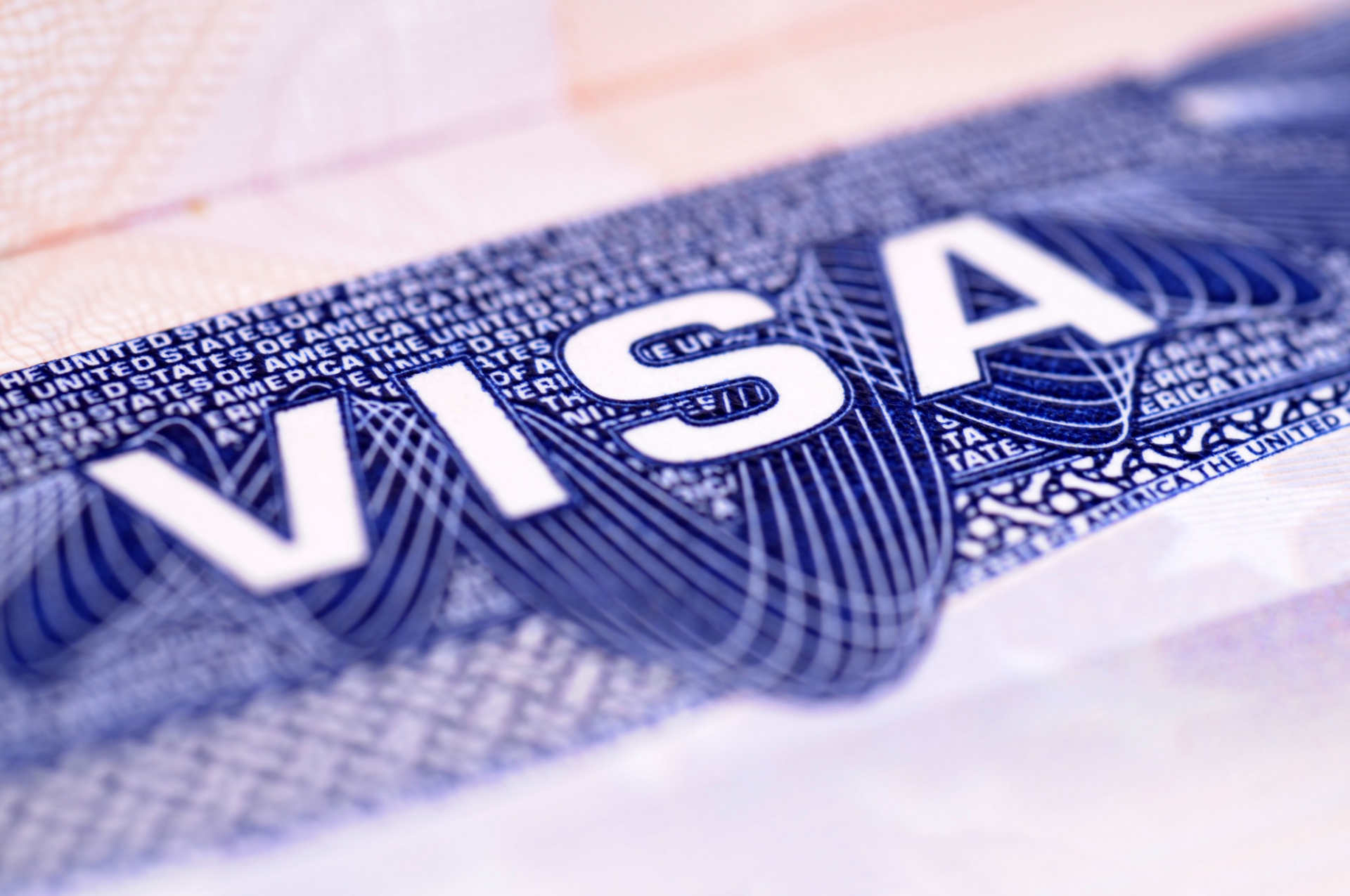Hungary Schengen Visa: Which Countries Can You Visit?
The Schengen Area is a group of 29 European countries that have abolished passport controls at their mutual borders, enabling seamless travel across much of the continent. This agreement allows for the free movement of people within the member states, benefiting both EU citizens and legally present non-EU nationals. Find out which countries are accessible with a Hungarian Schengen visa!
What is the Schengen Area?
The Schengen Area stands as a remarkable achievement of the European project, initiated in 1985 by Belgium, France, Germany, the Netherlands, and Luxembourg. Over the years, additional countries have joined the Schengen Area.
This agreement enables unrestricted movement among member states, eliminating border checks. It achieves this through standardized entry controls at the Area’s external borders.
The European Commission defines the Schengen Area as follows.
“The border-free Schengen Area guarantees free movement to more than 425 million EU citizens, along with non-EU nationals living in the EU or visiting the EU as tourists, exchange students or for business purposes (anyone legally present in the EU). Free movement of persons enables every EU citizen to travel, work and live in an EU country without special formalities. Schengen underpins this freedom by enabling citizens to move around the Schengen Area without being subject to border checks.”
What countries are Schengen states?
At the time of publication, all EU member states are Schengen states, except for Ireland and Cyprus. Additionally, Iceland, Switzerland, Norway, and Liechtenstein are part of the Schengen Zone as non-EU countries.
The complete list of Schengen states is as follows:
- Austria
- Belgium
- Bulgaria
- Czechia
- Croatia
- Denmark
- Estonia
- Finland
- France
- Germany
- Greece
- Hungary
- Iceland
- Italy
- Latvia
- Lithuania
- Liechtenstein
- Luxembourg
- Malta
- Norway
- The Netherlands
- Poland
- Portugal
- Romania
- Slovakia
- Slovenia
- Spain
- Sweden
- Switzerland
What is a Schengen visa?
The Schengen visa enables non-EU nationals to travel freely across 29 countries without border checks by applying for just one visa.
According to the European Commission, a Schengen visa is defined as follows:
“A Schengen visa is an entry permit for non-EU nationals to make a short, temporary visit of up to 90 days in any 180-day period to a country in the Schengen area.”
Schengen visas are available in three types:
- Single-entry visa: Grants access to the Schengen zone once; it expires upon leaving, even if the validity period remains.
- Multiple-entry visa: Allows multiple trips to the Schengen zone within its validity period.
- Airport transit visa: Intended for travelers changing flights at a Schengen airport, permitting stays only in the international transit area without entry into the country.
To obtain a Schengen visa, you must visit the consulate of the first country you plan to visit. The next section will detail the application process for a Hungarian Schengen visa.
Hungarian Schengen visa application process
If you plan to visit multiple Schengen states and Hungary is your first stop, you will need to obtain a Schengen “C” visa from the Hungarian consulate. Fortunately, the process is quite straightforward.
To apply for the Hungarian Schengen visa, follow these steps.
1. Online booking
- Book an appointment for the application process online through the Hungarian Ministry of Foreign Affairs and Trade’s website: https://konzinfobooking.mfa.gov.hu/
- Select your consulate location, enter your personal information (name, date of birth, phone number, email address, passport number), and agree to the privacy policy and terms of service by checking the boxes.
- Choose a suitable date and time slot. Each applicant is allocated 30 minutes for the process.
- Confirm and validate your booking.
- Do not forget to show up at the time of your application.
2. Submitting the document to the consulate
After booking online, you must personally attend the application procedure at the selected Hungarian Embassy.
You will need to submit the following documents:
- Bank statements for the last 3-6 months
- Completed application form
- Copy of ID
- Copy of passport
- Copy of travel insurance
- Marriage certificate in English with proper legalization and translate (if applicable)
- Paid hotel reservation
- Paid return ticket
- School reference (if applicable)
- Work reference
During the application process, fingerprint scans will be taken. Note that you must submit your application within 3 months of your planned departure date, but no later than 15 days before departure.
3. Schengen visa application fees in Hungary
The application fees for the Hungarian Schengen visa are as follows:
- For nationals from countries that have established visa facilitation agreements with the EU:
- €35 for applicants aged 12 and over,
- free for children under 12 and pensioners.
- For citizens from countries that do not have visa facilitation agreements with the EU:
- €90 for applicants aged 12 and over,
- €45 for children aged 6-12,
- free for children under 6.
We listed the prices in EUR but they might be payable in local currencies.
Please note that these fees are not refundable even in case of rejection.

Get help with your Hungarian Schengen visa application!
Crystal Worldwide Group is an international business consulting firm which specializes in immigration by investment, tax planning, and asset protection. During our more than thirty years in operation, we have managed to earn the respect and trust of our clients by offering professionally sound and lawful solutions for tax savings and asset protection, together with fast and timely services provided at the highest level of discretion.
Did you get lost in the application process? Contact us now!
Did you find this article useful?
Subscribe to our newsletter for more!